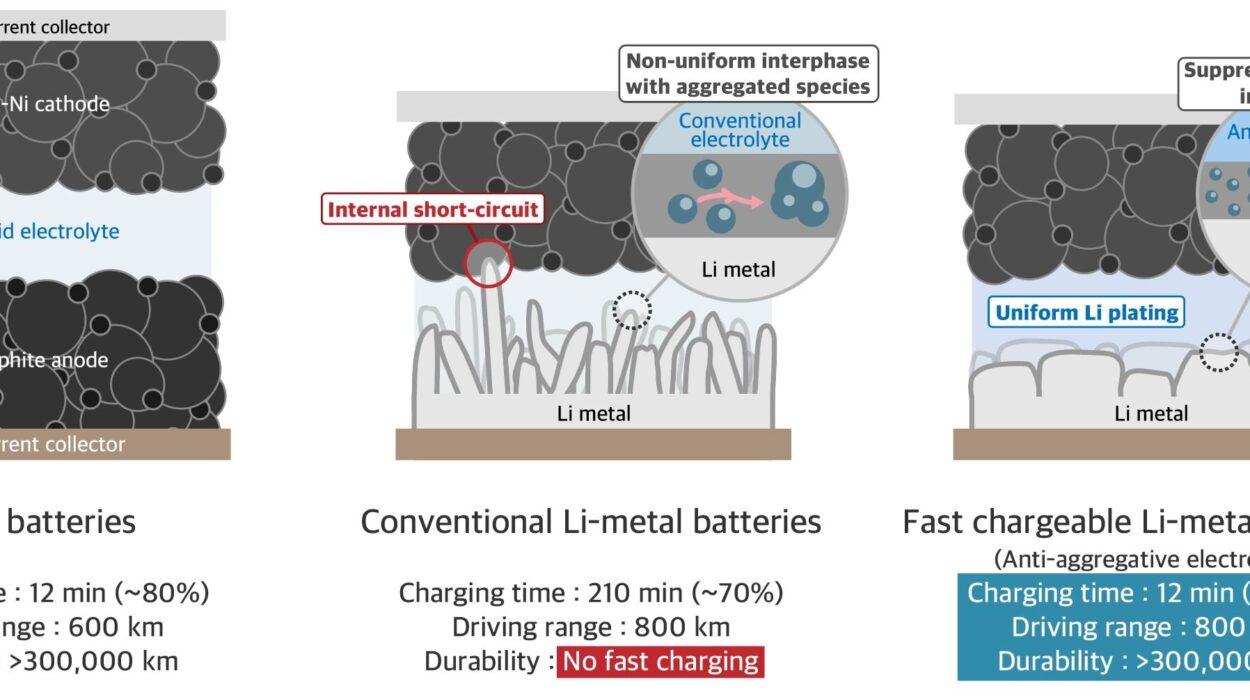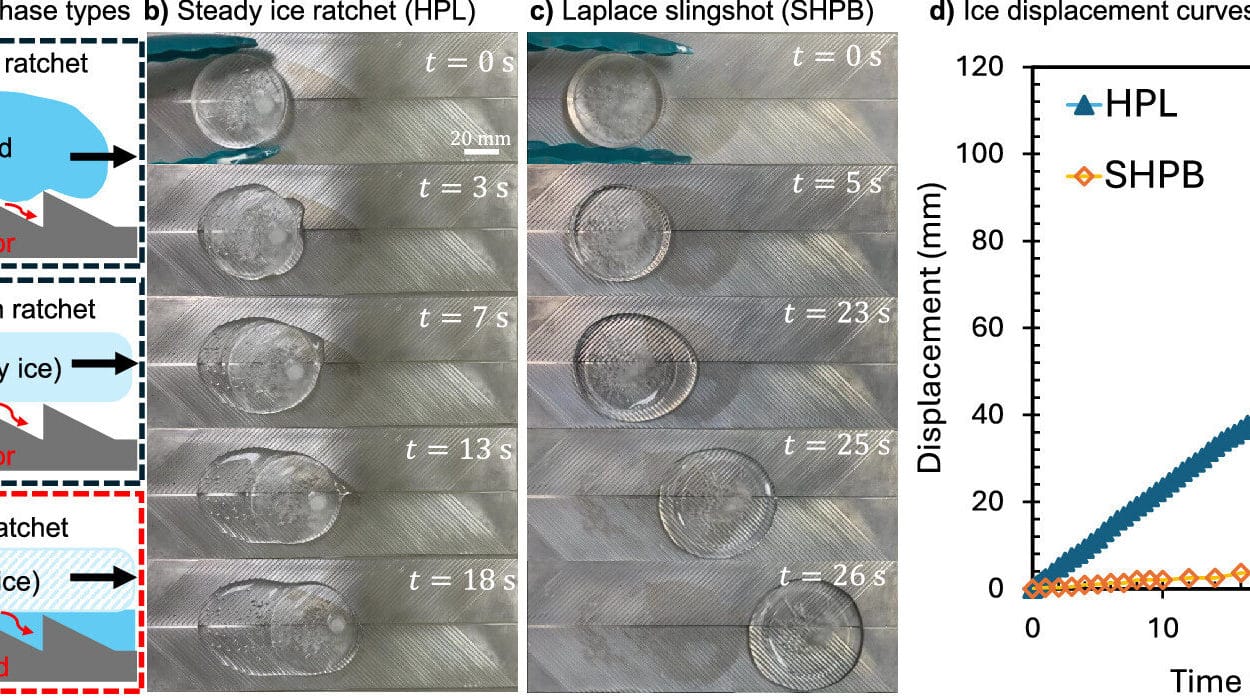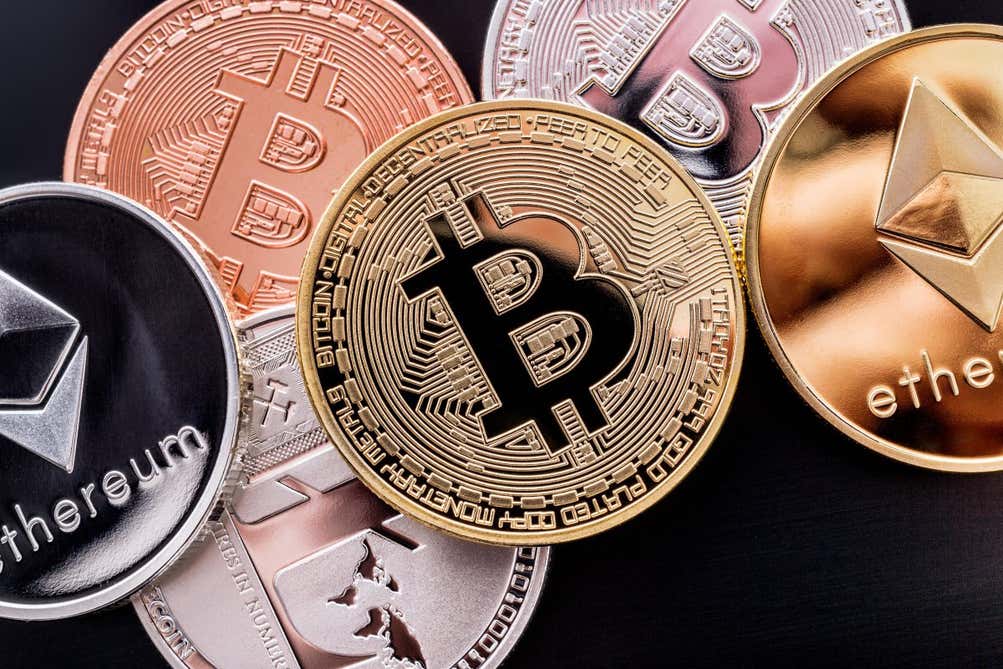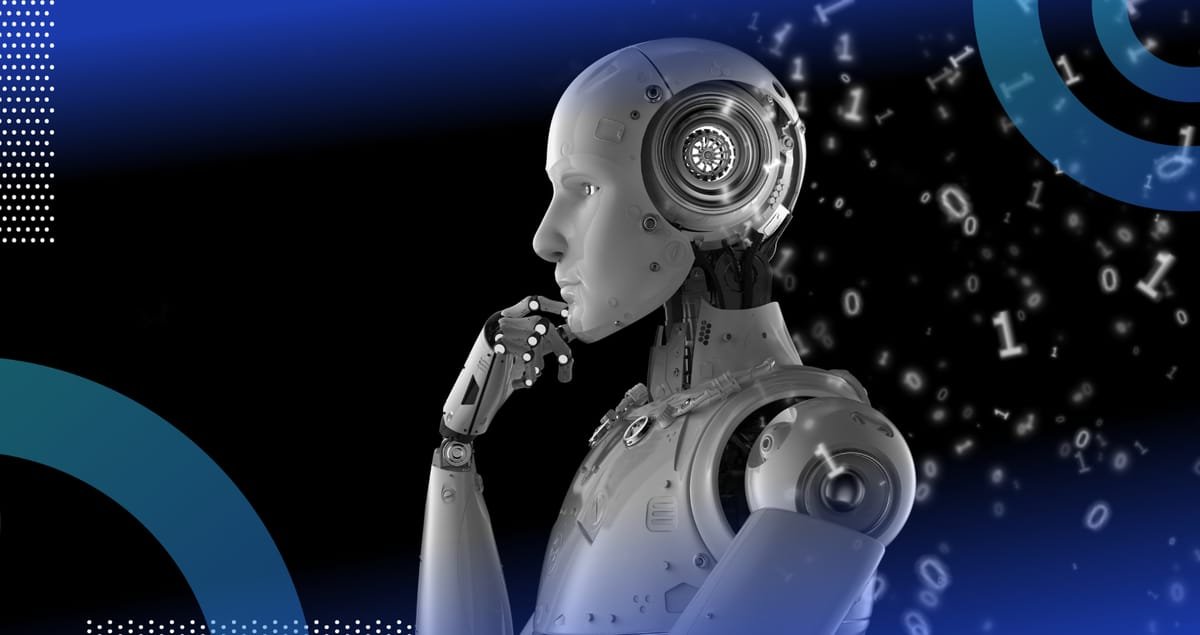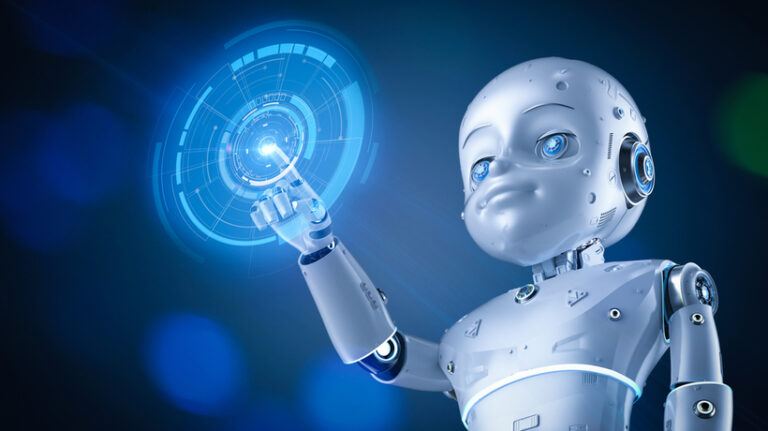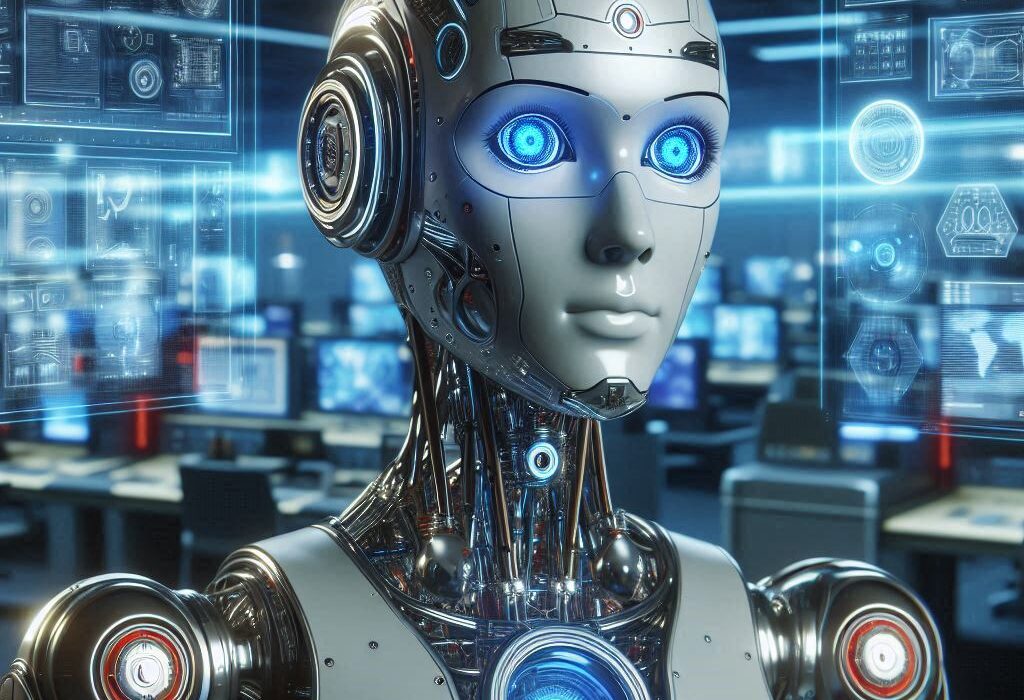Not all revolutions come with banners or bloodshed. Some arrive in silence, creeping in through the cracks in our routines, our relationships, our very sense of self. This one didn’t roar—it whispered. It unfolded not in battlefields, but in living rooms, in palms of hands, in glowing screens that glimmer in the dark.
While we were busy checking our notifications, the world changed. And with it, so did we.
The digital revolution has altered human life more profoundly than the Industrial Revolution ever could. It has reshaped the architecture of our minds, the fabric of our emotions, the texture of our relationships. We didn’t just invent tools—we invented extensions of ourselves. We built machines that think, platforms that feel alive, networks that mimic human intimacy but move at machine speed.
Technology didn’t just change what we do.
It is changing what it means to be human.
The Self, Uploaded
There was a time when the self was sacred, mysterious, indivisible. You were who you were in person—your actions, your words, your presence. Identity was whole. Local. Tangible.
Now, we are fractured.
We live in two worlds. One where our bodies sit at desks and sip coffee, and another where our minds flicker across networks, timelines, profiles. In the digital mirror, we are more curated than real. We edit ourselves. We filter our faces, polish our thoughts, hide our mess. We become not people but brands.
We are both the creator and the product.
And somewhere, quietly, something in us begins to shift. Validation becomes a metric. Worth becomes quantified. Presence becomes performance. We are always watched—and so, we begin to watch ourselves. A generation rises fluent in self-surveillance, fluent in pretending. The mask becomes the face.
But the danger isn’t just in being watched. It’s in forgetting who we are when no one is looking.
Connection Without Contact
We are more connected than any humans in history. A single message can cross oceans in milliseconds. Families scattered across continents can eat dinner together through glowing rectangles. Love blooms between people who’ve never met. Empathy, once limited by geography, is now global.
And yet, in this flood of connection, many are drowning in loneliness.
Because connection is not contact. Information is not intimacy. We text instead of talk. We like instead of listen. We scroll instead of feel. Digital interaction gives the illusion of closeness, but often lacks the mess, the pause, the friction that makes real human connection so rich, so alive.
We were not designed for permanent exposure or constant updates. Our nervous systems, still shaped by tribal fires and slow conversation, are overrun. We live in a world where everyone is talking and no one is truly heard. We’ve never been so surrounded—and felt so alone.
Technology promised to bring us closer.
Instead, we’re learning that proximity without presence is its own kind of pain.
The Memory Machine
Human memory was once a sacred, fallible thing. Stories passed through generations like rivers, shifting shape with every telling. We remembered with our bodies, our scars, our senses. Forgetting was natural, even necessary.
But now, forgetting feels like failure.
We photograph everything. Record everything. Archive every conversation. Our phones remember birthdays, addresses, passwords, faces. We have become external hard drives of our own lives. And slowly, our brains outsource what they used to hold dear.
This isn’t just practical—it’s transformational.
Studies now show that when we believe information is stored somewhere else, we’re less likely to remember it ourselves. Our minds adapt to the tools we use. The more we lean on machines, the more they shape how we think, recall, and even feel.
And with that shift comes a strange kind of grief. A sense that our minds, once private and full, are now hollowed out—full of hyperlinks, but empty of memory.
The Rise of the Quantified Self
What is the self in an age of data?
We used to know ourselves by reflection, by experience, by narrative. Now, we know ourselves by numbers. Step counts. Heart rates. Sleep cycles. Screen time. Caloric intake. Productivity trackers. Emotion trackers. Mood logs.
We are dissected into data streams. Every heartbeat becomes a statistic. Every moment, a metric.
At first, it seems empowering. Knowledge is power. But somewhere along the line, the data begins to define us. We stop asking, “How do I feel?” and instead ask, “What does the app say?” Our intuition, once sacred, becomes suspect if unverified by analytics.
We trade instinct for instruction. Freedom for optimization.
But we are not machines. We are messy, irrational, emotional beings. We were never meant to be measured to perfection. The danger is not in the data itself, but in forgetting that we are more than it can ever capture.
From Information to Overload
Knowledge was once rare and precious. Now, it is everywhere—endless, instant, overwhelming. At the touch of a screen, we can summon the wisdom of centuries. But the flood has no filter.
The result is not enlightenment, but exhaustion.
We scroll, consume, click, repeat. Our attention spans shatter. Our minds jump from one headline to another, one image to the next, never pausing to digest, reflect, or feel. We are full—but starving for meaning.
In this storm of stimulation, depth becomes a luxury. Stillness becomes revolutionary. Focus becomes an act of rebellion.
Because in a world where information is infinite, wisdom is rare.
Children of the Code
Today’s children are not growing up with technology. They are growing up inside it. Their first toys are smart. Their first friends are often avatars. Their first memories are photographed before they understand what memory even is.
They are digital natives, fluent in a language the rest of us are still translating. But fluency does not mean immunity.
Rates of anxiety, depression, and self-harm among youth have surged—especially among those most immersed in social media. Children compare their insides to others’ curated outsides. They perform before they understand who they are. They fear being left out of digital spaces more than real ones.
And yet, these same children are building movements, creating art, forging identities in spaces we never dreamed of. They are the architects of the next evolution—not in spite of technology, but through it.
The question isn’t whether they’ll adapt.
It’s whether we will.
The Ethics of Machines That Feel
What happens when our machines begin to mimic emotion?
AI chatbots that comfort the lonely. Virtual influencers who never age. Algorithms that know your heartbreak before you admit it to yourself. We are entering a world where machines not only think, but simulate feeling.
It’s easy to scoff. “They’re not really feeling.” But the illusion is powerful. If it comforts you, does it matter? If it listens better than your spouse, what does that say about your marriage?
As machines become more lifelike, the line between tool and companion blurs. And we are forced to ask: What does it mean to be human if a machine can mimic our most intimate traits? Are we defined by consciousness? Empathy? Creativity? If so, what happens when we build those into our tools?
These questions aren’t science fiction. They are the moral crossroads of our time.
The Workplace as a Digital Arena
Work used to be a place. Now, it’s a cloud.
We email from bed. Zoom in pajamas. Collaborate with people we’ve never met. The traditional office, once the center of our daily lives, is fading. In its place: remote teams, digital nomads, AI co-workers.
Technology promised efficiency—and delivered it. But it also blurred every boundary. Work follows us home. Meetings invade dinner. Slack never sleeps. The line between “on” and “off” dissolves.
At the same time, technology is replacing more than routines. It’s replacing roles. Automation, AI, robotics—they’re not just taking jobs. They’re transforming what jobs are. Creativity, empathy, and problem-solving—once human-only skills—are now being mimicked by code.
This forces a deeper question: If machines can do what we do, what is our role? How do we find purpose in a world where usefulness is automated?
Digital Faith and Virtual Meaning
Religion once shaped how we saw the cosmos, ourselves, our morality. Now, for many, those questions are answered by Google.
Yet the hunger for meaning has not vanished. It has simply migrated.
We worship in new ways—through fan communities, through activist movements, through crypto tribes, through online ideologies. We gather not in temples, but in forums. We kneel not before gods, but before algorithms.
And yet, the rituals are the same. Identity. Belonging. Purpose. Transcendence.
Even in the most secular spaces, we search for sacredness. Technology, though logical by design, has become a new myth-making engine—a force that offers not just tools, but hope, destiny, even salvation.
The danger is not in the search—but in mistaking the means for the meaning.
The Intimacy of Surveillance
There’s an old fear: that Big Brother is watching. But in truth, Big Brother is boring compared to what we built.
Today, we invite the watcher in.
Our phones track our steps. Our apps track our moods. Our TVs listen. Our smart homes predict our needs. Our digital footprints are mapped, mined, monetized.
We don’t just tolerate surveillance. We call it personalization.
But the cost of convenience is privacy. And privacy, once lost, reshapes identity. When you are always watched, you change. Not through force—but through self-censorship, conformity, control.
We must ask: Can there be true freedom when everything is observed?
And more urgently: Can there be true humanity without the mystery of solitude?
The Rebirth of the Human Spirit
But not all is loss. For with every revolution comes rebirth.
Technology, for all its disruption, is also a mirror. It reflects our brilliance, our longing, our fears. It exposes what we lack—and offers new ways to find it.
In the chaos, people are returning to slowness. To mindfulness. To authenticity. The same tools that overwhelmed us are being used to reconnect. To heal. To create.
We are building digital sabbaths. Silent retreats. Online sanctuaries of reflection and stillness. We are learning, painfully and beautifully, that what makes us human cannot be coded.
It is in our contradictions. Our longing. Our laughter. Our flaws. Our stories.
We are not data. We are not devices.
We are something softer. Stranger. Sacred.
What Happens Next Is Up to Us
This silent revolution will not end. Technology will grow faster, deeper, more intimate. AI will evolve. Realities will blend. And the question will remain:
What does it mean to be human now?
The answer will not come from machines.
It will come from how we use them. How we remember ourselves inside them. How we resist becoming what we build—and instead build what honors who we are.
We are standing at a threshold. Not of technology—but of consciousness.
To cross it wisely, we must reclaim our slowness. Our depth. Our awe.
Because the future is not a place we go.
It is a place we make.
Together.

